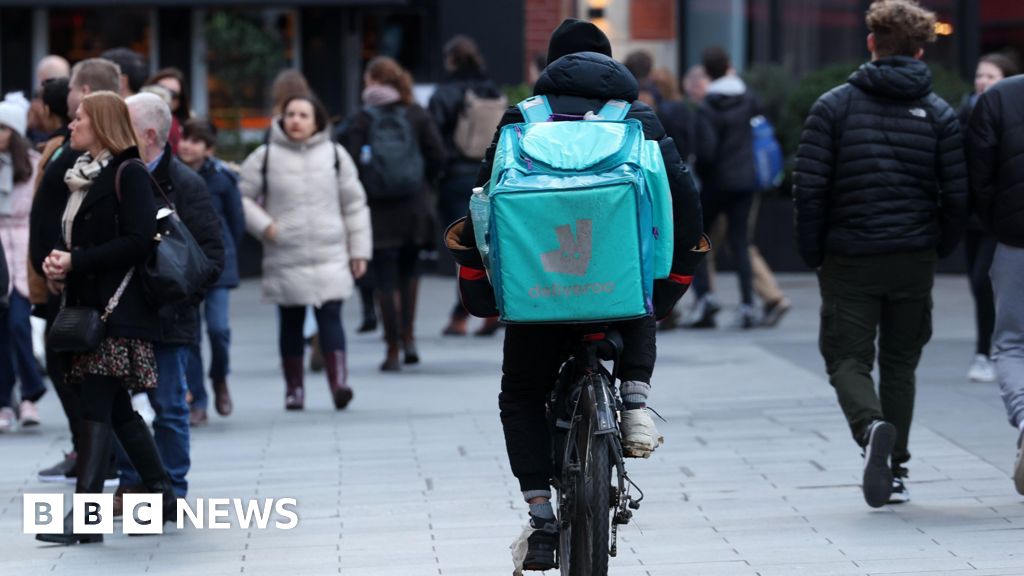As Thune’s fellow Republicans debate a state moratorium, the lawmaker said he believes “there’ll be some version of it in the bill,” Axios reported Wednesday (June 25).
Based on feedback from other lawmakers, “it might change in some way,” he said, per the report.
States have been more proactive than the federal government in instituting AI regulations. However, the GOP doesn’t want it to crimp innovation.
Thune backs the moratorium.
“We want to be the leaders in AI and quantum and all these new technologies,” he said, according to the report. “And the way to do that is not to come in with a heavy hand of government; it’s to come in with a light touch.”
Sens. Ted Cruz of Texas and Marsha Blackburn of Tennessee had a “heated” debate over the issue during a closed-door meeting this week, the report said. Blackburn pushed back on the state moratorium.
“The provision is in the bill, and it’s going to remain in the bill,” Cruz said, per the report.
But another lawmaker disagreed.
“I’m willing to take this up on the floor if need be, and hopefully we can address it before then,” Sen. Josh Hawley of Missouri said, according to the report. “I think it’s terrible policy. It’s a huge giveaway to some of the worst corporate actors out there.”
Read also: Tech Giants Seek 10-Year Freeze on State AI Rules
Google Leads in AI Patent Applications
Google tops the list of companies with the most AI patent applications in the past year in the United States and globally, according to IFI Claims Patent Services. This is IFI’s second annual look at AI patents, and, for the first time, uncovers leaders in agentic AI patents.
Here are the top five generative AI patent applicants in the U.S.:
- Google
- Microsoft
- IBM
- Nvidia
- Capital One
Globally, the ranking changes to include several Chinese organizations:
- Google
- Zhejiang University
- Microsoft
- University of Electronic Science and Technology of China
- Baidu
In the past decade, AI patents and generative AI patents have risen. IFI said that AI grants have increased at a compound annual rate of 38% while applications have grown by 31%. For generative AI, grants rose by 58% and applications went up by 52%.
The top areas covered by generative AI patents are computing arrangements based on biological models; handling natural language data; machine learning; image or video recognition or understanding; and image analysis or image enhancement.
Broken down by companies, the patents give a glimpse into which areas a company is focused on developing, according to IFI.
In generative AI, Nvidia is focused on video and images while Microsoft prioritizes text. Google is the frontrunner in speech AI technologies.
For all PYMNTS AI coverage, subscribe to the daily AI Newsletter.
Read more:









 English (US) ·
English (US) ·